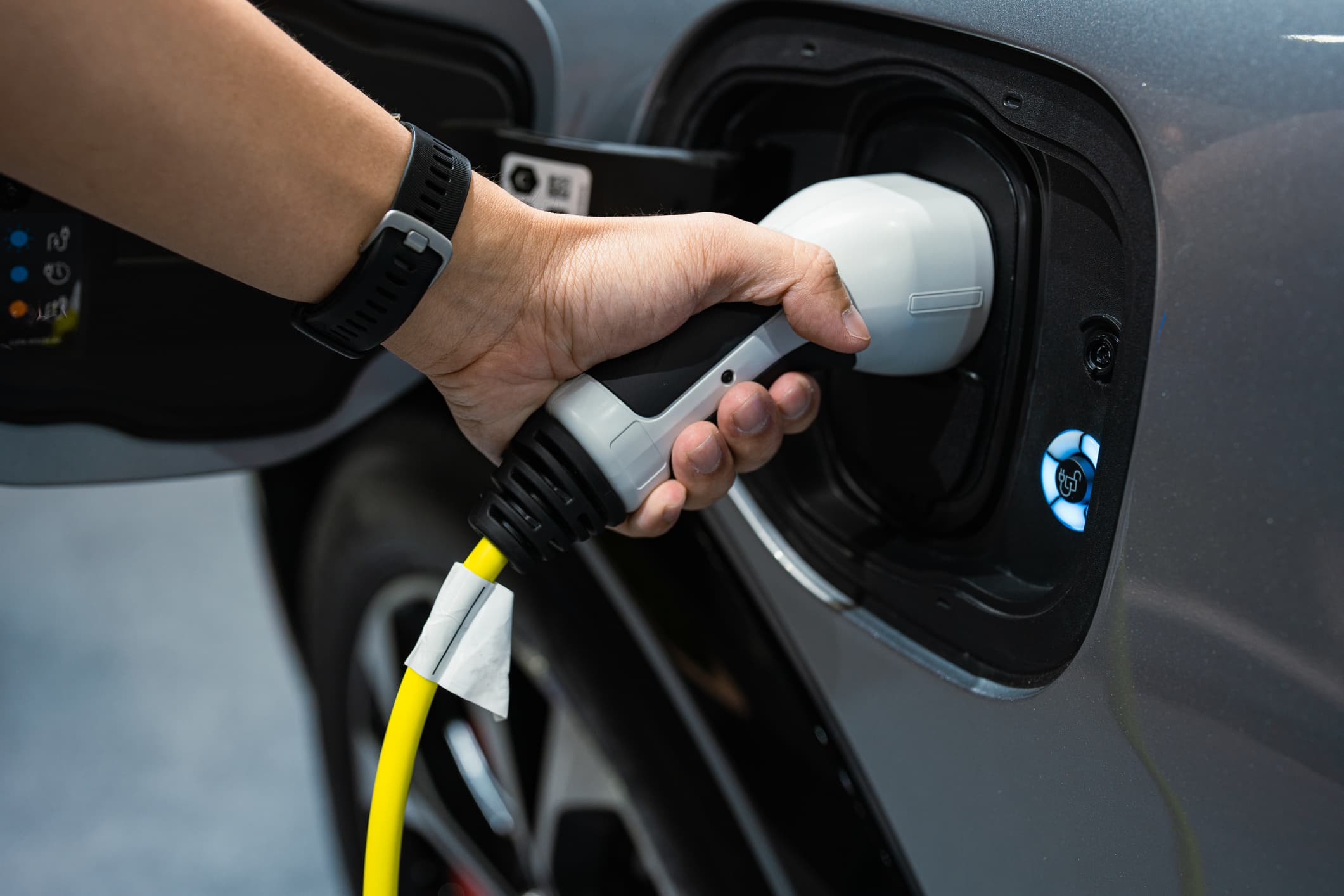Qualify for the $7,500 EV Tax Credit – Key Eligibility Rules and Income Limits
Understanding the EV Tax Credit – Personal Use, U.S. Residency, and Income Requirements
According to Marca, the U.S. government is providing a substantial tax credit to encourage the purchase of electric vehicles (EVs) as part of its climate change initiatives. By buying a new, qualified plug-in EV or fuel cell electric vehicle (FCV) between 2023 and 2032, you can receive up to $7,500 in tax savings. This credit is available for both individuals and businesses, making it more affordable to opt for an environmentally friendly vehicle.
To get this tax credit, there are some rules you need to follow. The car must be bought for personal use and used mainly in the United States. Also, your income needs to be below certain limits. For married couples filing together or a surviving spouse, the limit is $300,000. For heads of households, it’s $225,000, and for everyone else, it’s $150,000. You can use your income from either the year you got the car or the year before, whichever is lower, to see if you qualify.
READ ALSO: 850,000+ Cubic Yards Of Debris Cleared: FEMA’s Legal Assistance Hotline Offers Lifeline For Tornado-Ravaged Leon County Residents

$7,500 Tax Credit: Boost Your Savings with Electric Vehicles – Check It Now! (PHOTO: Greenbush Financial)
Maximize Your EV Tax Credit – Understand Nonrefundable Rules and Upcoming Rebate Changes
It’s important to know that this tax credit is nonrefundable. This means it can only lower the amount of taxes you owe and won’t give you a refund if the credit is more than your taxes. So, you need to make sure your tax situation matches these rules. With the Alternative Fuel Vehicle Rebate program extended until August 31, 2024, and new guidelines starting on September 1, it’s a good time to think about switching to an electric vehicle to help the environment.

















































